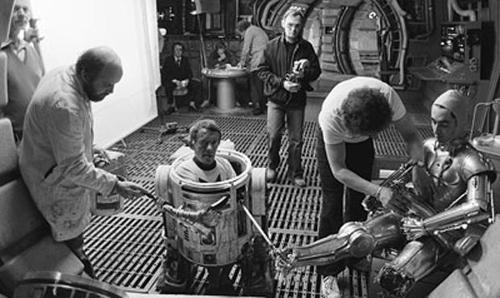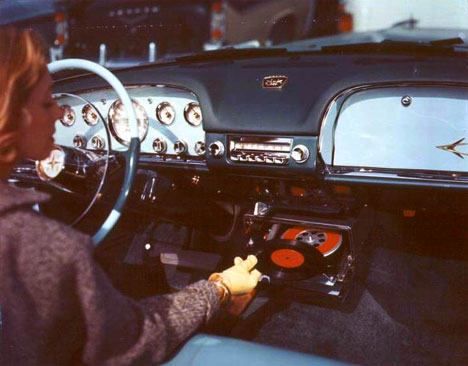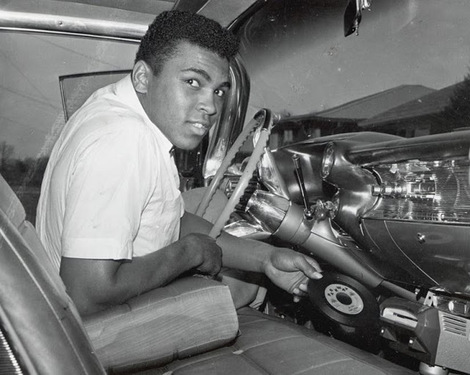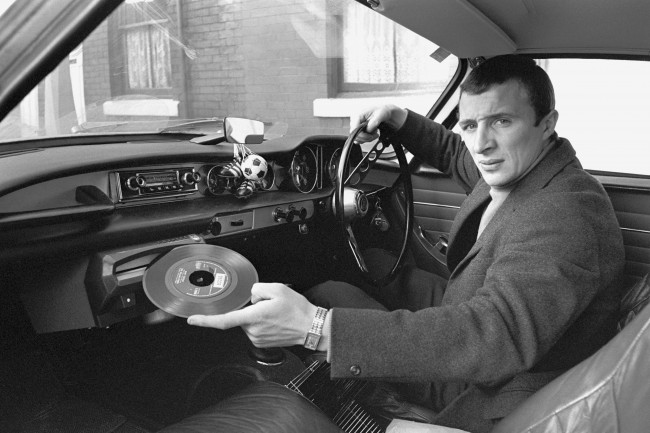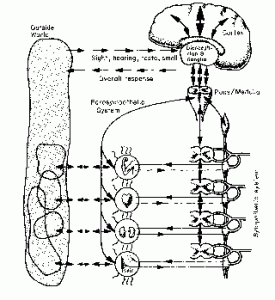My favorite passage of this long-form conversation between Brian Eno and David Graeber is the three-minute stretch just after the 39-minute mark in which the discussion turns to the human proclivity for virtualizing experiences that initially have an evolutionary impulse at their core. (Like eating, for instance.) Perhaps space travel has been reduced to a shadow on a wall for 50 years because of the monetary expense or maybe it’s wired into us to turn from reality and make the play the thing.
From Graeber: “I was watching one of those new Star Wars movies, the really bad ones, and I was thinking, Well, this is a bad movie but the special effects are amazing. I was thinking, Remember those clumsy science-fiction special effects from the ’50s? If people from back then could watch this movie, I’d bet they’d be really impressed. Then I realized, no they wouldn’t, because they thought we’d actually be doing this stuff by now instead of coming up with amazing ways to simulate it. They’d be really bitter and angry. You’re not on the moon? You just come up with better movies to make believe you’re on the moon? Then I realized, simulation, end of history, nothing new. Now I get it. The reason why we have these ideologies that history is coming to an end…we wouldn’t be saying this if we were actually on Mars. It’s just sort of a way of coming to terms with the fact that we can’t acknowledge that we actually thought we’d be doing all this stuff that now we’re just doing virtually.”

